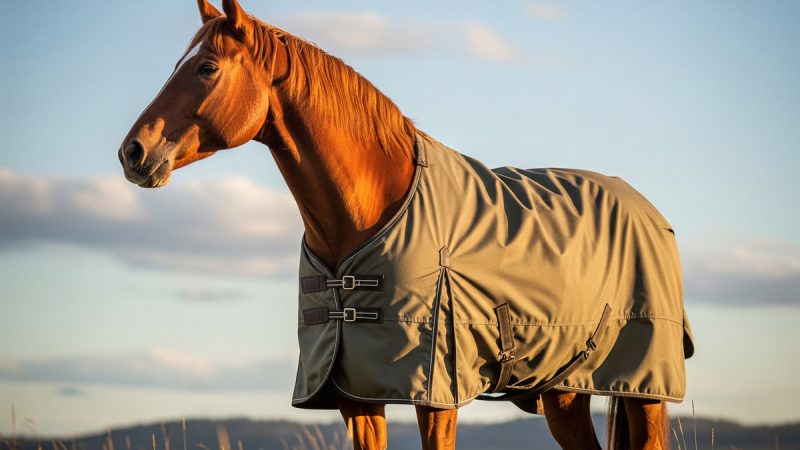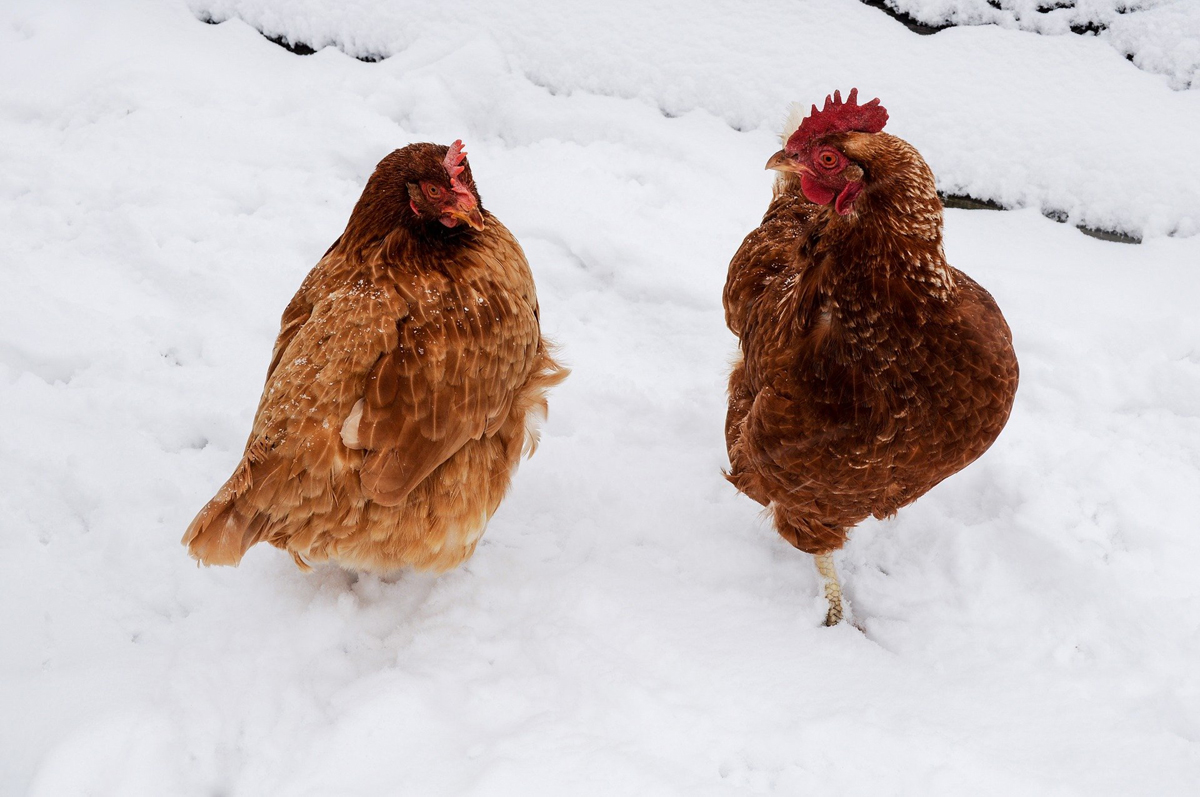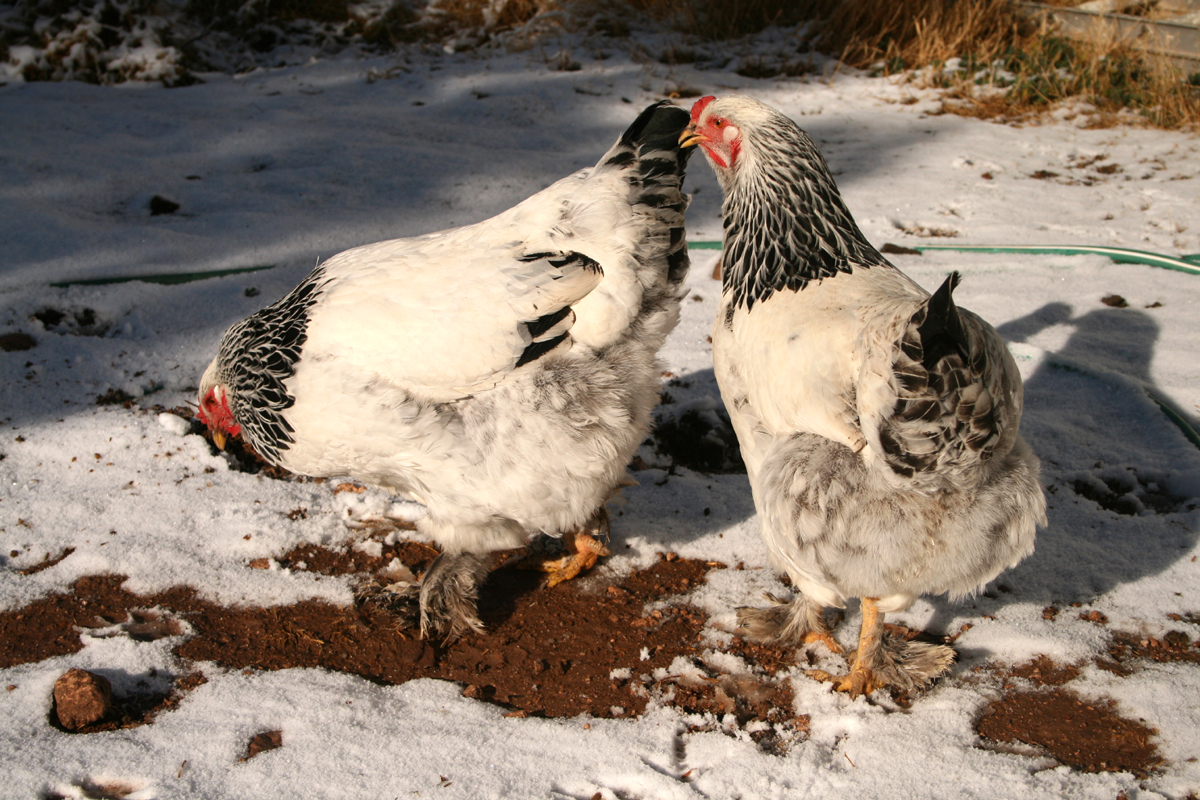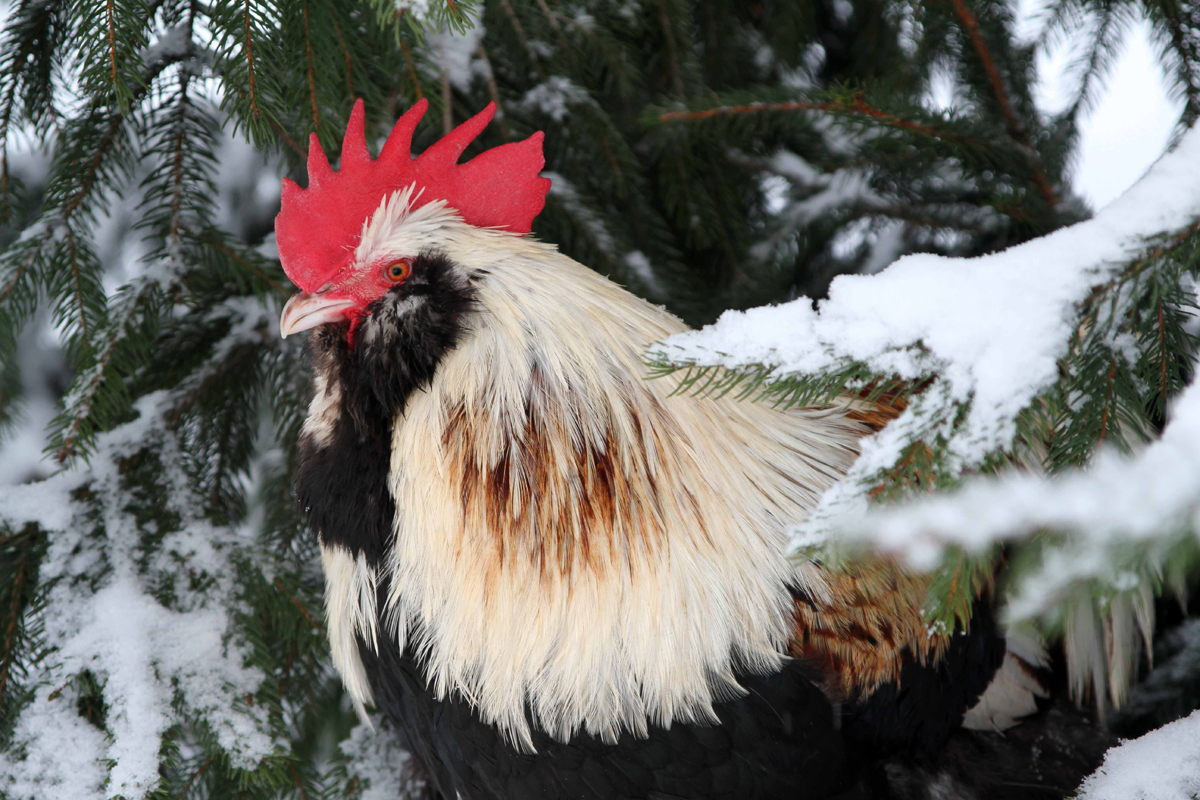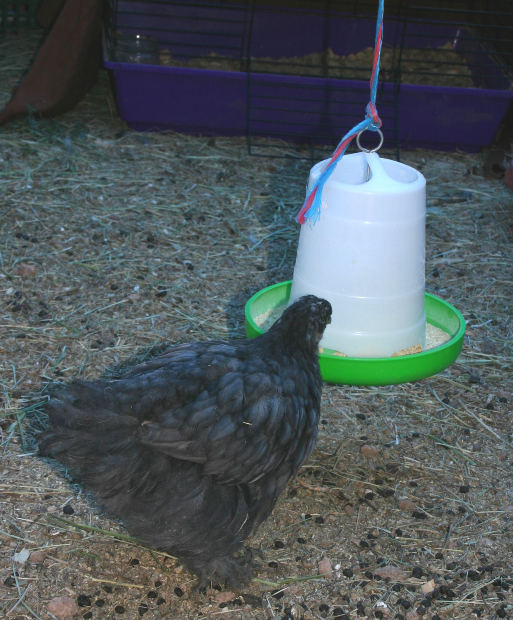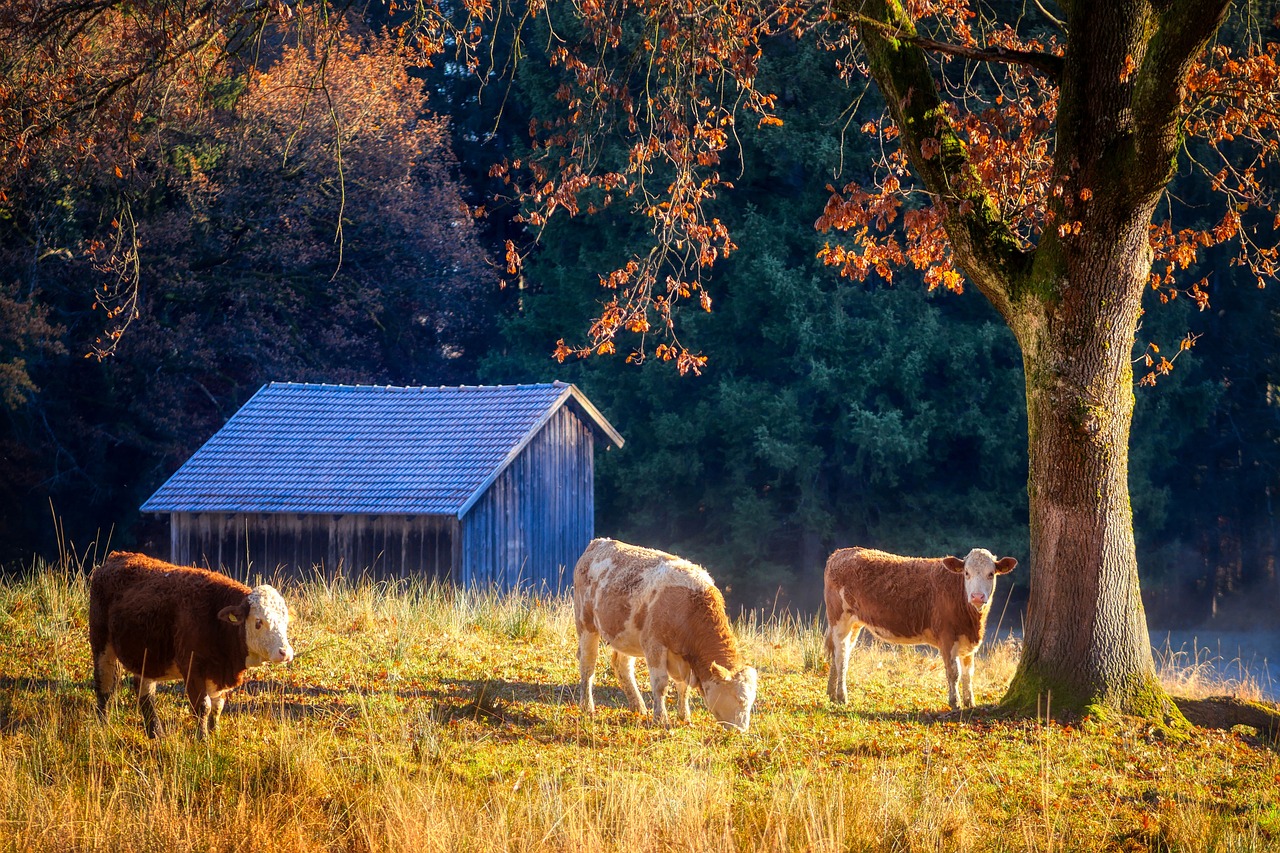Sheep Farming – Choose The Type of Sheep Breeds That Will Be Most Suitable For You
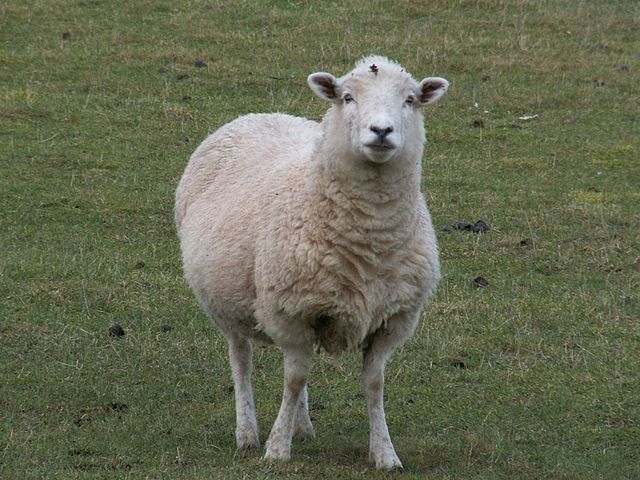
Sheep farming is an activity that must come into careful thinking if you plan to engage in it. Ask yourself the questions necessary to get you started. Why raise sheep? Sheep are gregarious animals, they like to flock in a common group and can range from 50 lbs to 500 lbs. Also, you need to be sure of the reasons why you would subject yourself to sheep farming from day one in order to be firm on what you decide to do with this venture. A simple review of the different breeds used for sheep farming will save you time in the long run. They are as follows:
1) East freisian, and Lacaune – this are traditional sheep breeds that are used in the United States for milk production
2) Awassi – a sheep breed common in SouthWest Asia like Iraq and Syrian Arab Republic is about 92 lbs on the average and is a fat-tailed breed.
3) Assaf – this is a synthetic breed originating from Israel in the 1950’s with an average of 611 litres of milk production in a standard lactation of about seven months.
4) British Milk Sheep – the name itself would suggest that it is a high producer of milk. Originally introduced by by Lawrence Alderson in Wiltshire and Northumberland and is now popular in United Kingdom as well as Canada. It is also known for producing more twins and triplets than other breeds.
5) Dorset Horn/Poll Dorset – known for high fat content in milk production as well as an alternative for out of season milk production.
6) Friesland – “Holstein of sheep breeds” They are a pure dairy sheep breed in the United kingdom. It has a long bald tail and naturally polled. Its ewe can weigh anywhere from 50 to 55 kilos and the rams about 75 kilos. Its fleece is also of high quality and has a Bradford Count of 48 to 52.
As can be gleaned from this short list, you can choose among which type of sheep breeds will be most suitable for you in sheep farming. Be aware that after choosing the right kind of breed you must also consider the nutritional requirements of sheep. Sheep that are for wool or milk production require a stiffer nutritional needs than sheep for mutton. Grass is staple food of sheep but sometimes you have to provide as supplements, the grains that are suited for them to provide their mineral and salts requirements. A good and constant supply of clean water should also be accessible for your herd.
The Author:
Are you looking for more tips on sheep farming? Separate yourself from the usual sheep owners who are prone to common mistakes. If you would like to learn more tips on caring for sheep and how to raise sheep correctly, please visit:howtoraisesheep
Source: Ab


